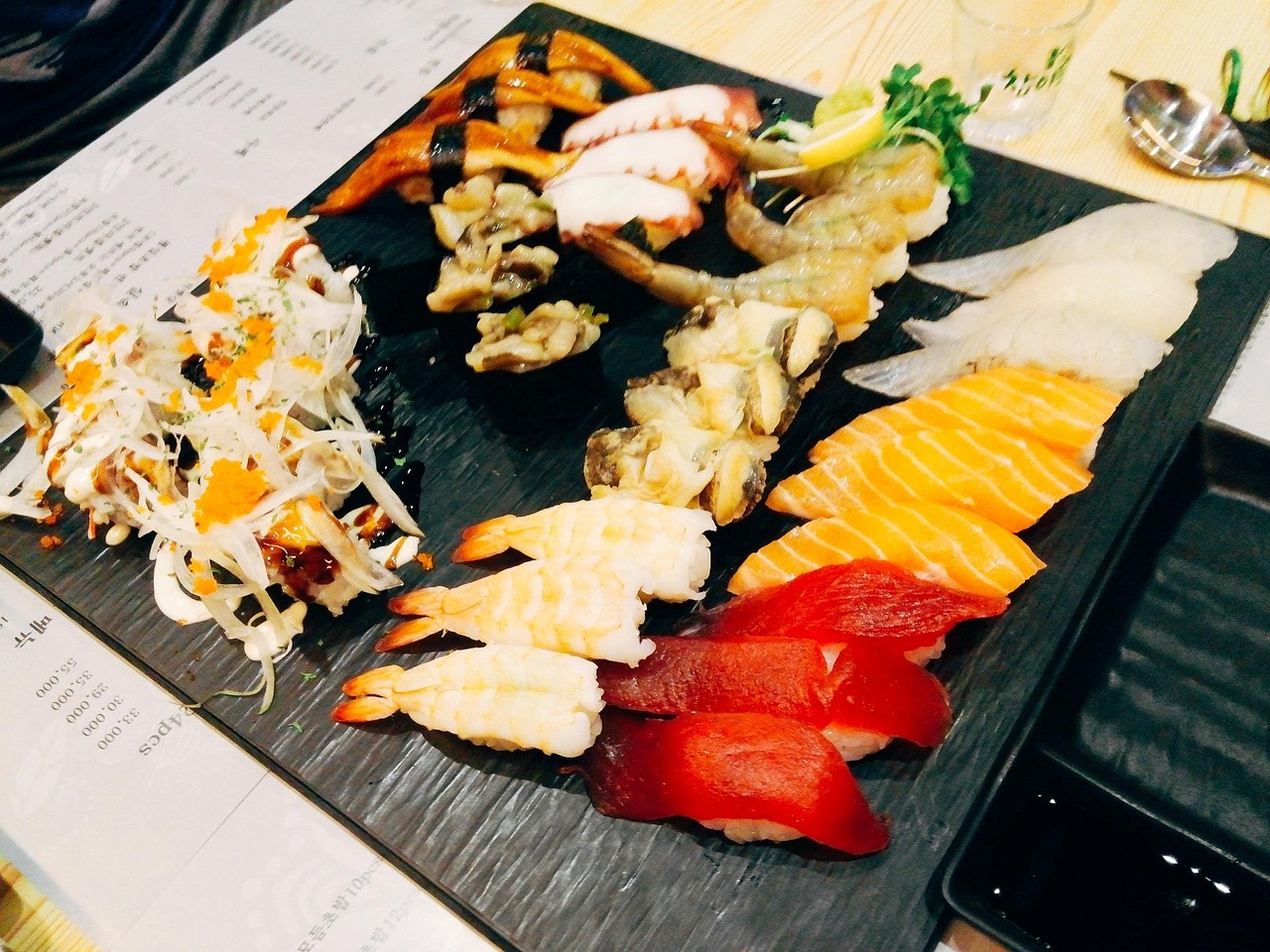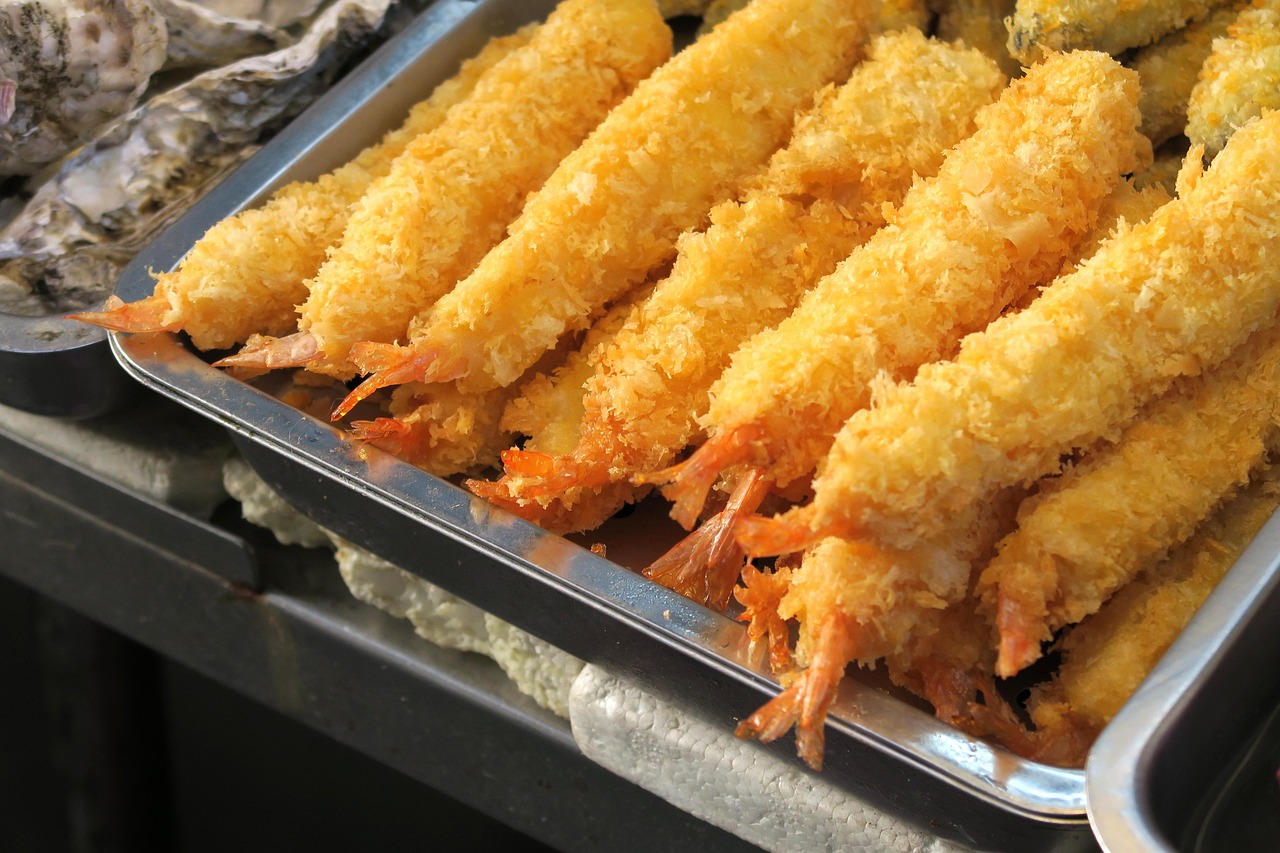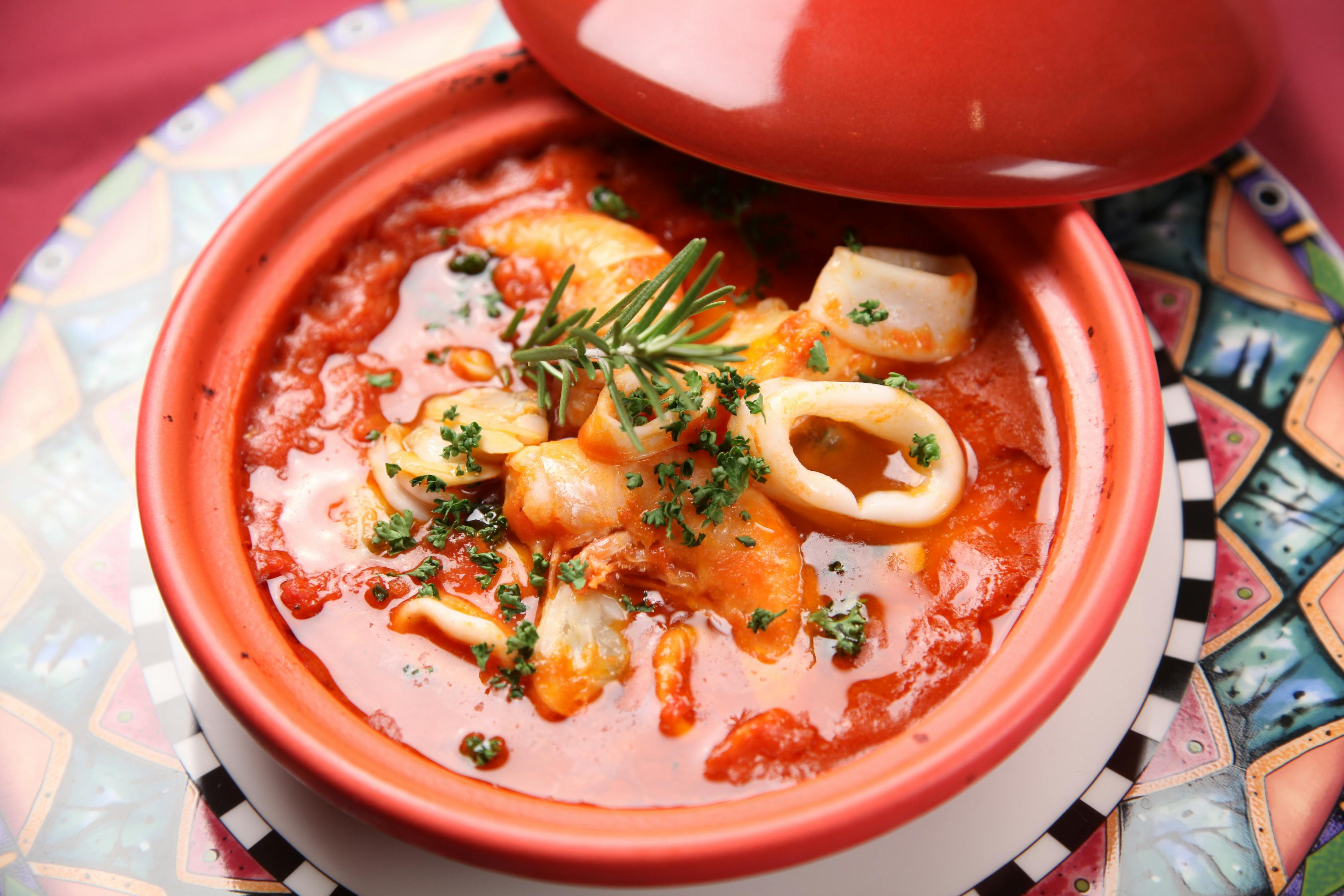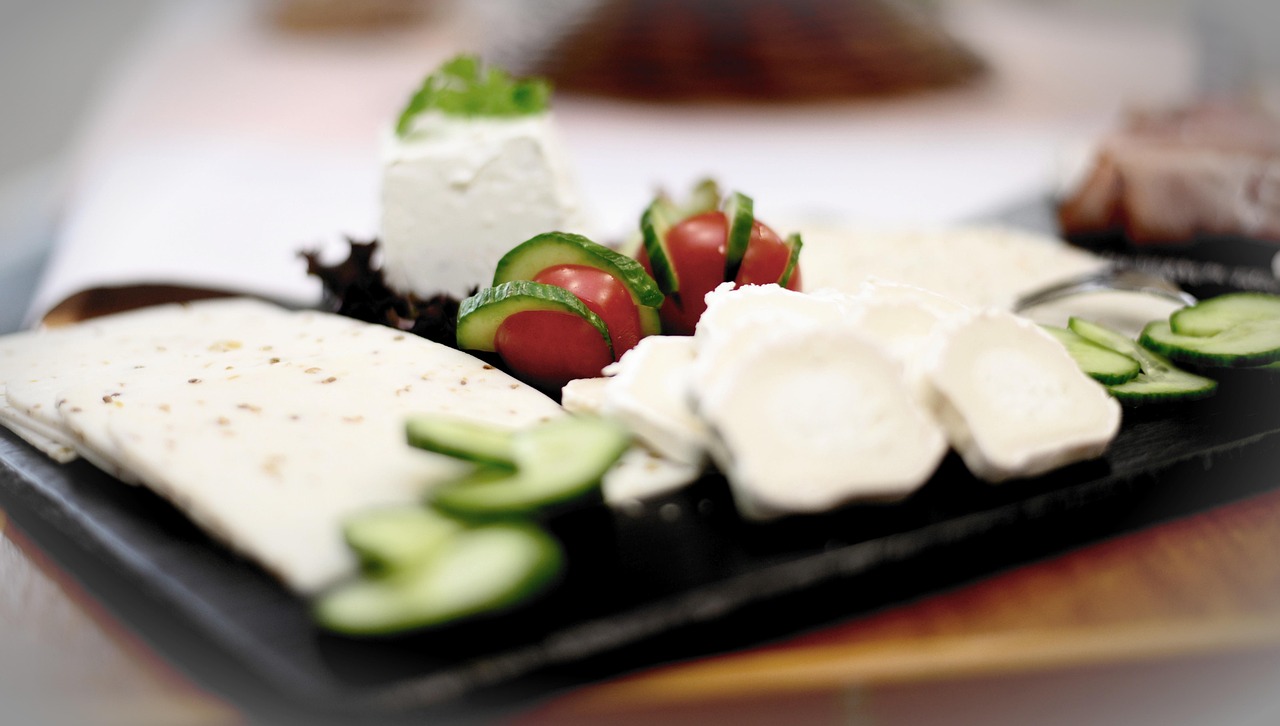Exploring the Richness of Chinese Traditional Cuisine: A Culinary Journey Through Time
Chinese traditional cuisine is a treasure trove of flavors, techniques, and cultural significance that has been passed down through generations. It is not just about the food itself but also about the stories, traditions, and values that are embedded in every dish. In this article, we will embark on a culinary journey through time, exploring the richness of Chinese traditional cuisine and its impact on the world.
The Historical Roots of Chinese Cuisine
Chinese cuisine has a history that spans over 5,000 years, with its roots deeply embedded in the agricultural practices of ancient China. The development of Chinese cuisine was influenced by various factors, including geography, climate, and the availability of ingredients. The vast and diverse landscape of China, from the fertile plains of the Yangtze River to the arid deserts of the northwest, has given rise to a wide array of regional cuisines, each with its unique characteristics.
The Eight Great Cuisines of China
Chinese cuisine is often categorized into eight great cuisines, each representing a different region of China. These include Shandong, Sichuan, Guangdong (Cantonese), Fujian, Jiangsu, Zhejiang, Hunan, and Anhui cuisines. Each of these cuisines has its distinct flavors, cooking techniques, and signature dishes.
Shandong Cuisine: Known for its emphasis on seafood and the use of vinegar and garlic, Shandong cuisine is characterized by its bold flavors and hearty dishes.
Sichuan Cuisine: Famous for its spicy and numbing flavors, Sichuan cuisine uses a variety of chili peppers and Sichuan peppercorns to create dishes that are both flavorful and aromatic.
Guangdong (Cantonese) Cuisine: Renowned for its delicate flavors and emphasis on fresh ingredients, Cantonese cuisine is often considered the most refined of the Chinese cuisines.
Fujian Cuisine: Known for its soups and seafood dishes, Fujian cuisine often incorporates a variety of herbs and spices to create complex and layered flavors.
Jiangsu Cuisine: Characterized by its emphasis on presentation and the use of seasonal ingredients, Jiangsu cuisine is known for its elegant and refined dishes.
Zhejiang Cuisine: Known for its light and fresh flavors, Zhejiang cuisine often features dishes that are steamed or braised to preserve the natural flavors of the ingredients.
Hunan Cuisine: Similar to Sichuan cuisine, Hunan cuisine is known for its spicy flavors, but it also incorporates a variety of pickled and fermented ingredients.
Anhui Cuisine: Known for its use of wild herbs and game, Anhui cuisine often features dishes that are slow-cooked to bring out the natural flavors of the ingredients.
The Role of Traditional Chinese Medicine in Cuisine
Traditional Chinese Medicine (TCM) has played a significant role in shaping Chinese cuisine. The concept of "food as medicine" is deeply ingrained in Chinese culture, with many dishes being prepared with specific health benefits in mind. Ingredients such as ginseng, goji berries, and lotus seeds are often used in Chinese cooking for their medicinal properties. The balance of flavors and the use of specific ingredients are believed to promote health and well-being.
The Art of Chinese Cooking Techniques
Chinese cooking techniques are as diverse as the cuisine itself. From stir-frying and steaming to braising and roasting, each technique is designed to bring out the best in the ingredients. The use of a wok, for example, allows for quick and even cooking, while steaming preserves the natural flavors and nutrients of the food. The art of Chinese cooking also involves the careful selection of ingredients, the precise control of heat, and the mastery of knife skills.
The Cultural Significance of Chinese Cuisine
Chinese cuisine is not just about the food; it is also about the cultural significance that is attached to it. Many Chinese dishes are associated with specific festivals, rituals, and traditions. For example, dumplings are traditionally eaten during the Chinese New Year to symbolize wealth and prosperity, while mooncakes are eaten during the Mid-Autumn Festival to celebrate the harvest and family reunions. The act of sharing a meal is also an important part of Chinese culture, symbolizing unity and harmony.
The Global Influence of Chinese Cuisine
Chinese cuisine has had a profound impact on the global culinary landscape. From the ubiquitous Chinese takeout to the rise of fusion cuisine, Chinese flavors and techniques have been embraced by chefs and food enthusiasts around the world. The popularity of dishes such as Peking duck, dim sum, and hot pot has transcended cultural boundaries, making Chinese cuisine a global phenomenon.
The Future of Chinese Traditional Cuisine
As the world becomes increasingly interconnected, the future of Chinese traditional cuisine lies in its ability to adapt and evolve while preserving its rich heritage. The rise of modern Chinese cuisine, which combines traditional techniques with contemporary flavors and presentation, is a testament to the enduring appeal of Chinese food. At the same time, there is a growing interest in preserving and promoting traditional Chinese cooking methods and recipes, ensuring that the legacy of Chinese cuisine continues to thrive for generations to come.
Conclusion
Chinese traditional cuisine is a reflection of the country's rich history, diverse culture, and deep-rooted traditions. It is a cuisine that has evolved over thousands of years, shaped by the land, the people, and the values that define Chinese society. As we continue to explore and appreciate the richness of Chinese cuisine, we are not just indulging in delicious food; we are also connecting with a culture that has stood the test of time. Whether it's through the bold flavors of Sichuan cuisine, the delicate artistry of Cantonese cooking, or the health-promoting principles of TCM, Chinese traditional cuisine offers a culinary journey that is as enriching as it is delicious.







 京公网安备11000000000001号
京公网安备11000000000001号 闽ICP备2023004937号-3
闽ICP备2023004937号-3